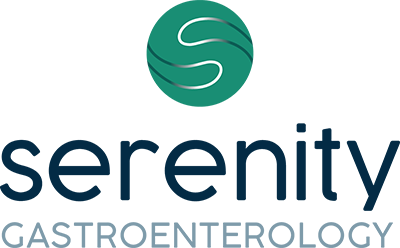A colonoscopy enables your doctor to check inside your bowel to explore possible causes of intestinal problems. It can help prevent serious problems from developing.
A colonoscopy is a procedure that looks for changes in your large intestine (colon) and rectum. It’s performed by inserting a long, flexible tube into your rectum while you are unconscious following anaesthetic medication.
A tiny camera at the end of the tube allows your doctor to view the inside of your entire colon and to see anything unusual, such as inflammation, polyps or cancer.
Colonoscopies are performed to investigate, diagnose and treat a number of gastrointestinal conditions.
Your doctor may recommend you have a colonoscopy if you:


A colonoscopy is performed when your bowel is empty. That means you need to follow a special diet and take laxatives before the procedure.
Bowel preparation is vital to a successful colonoscopy. Please follow your doctor’s instructions carefully to ensure there’s no need to reschedule or repeat your procedure.
Bowel preparation involves:
If you are on medication, it may need to be adjusted or stopped before the colonoscopy, either to maintain your health or to ensure the procedure can be completed.
Please tell your doctor if you are taking medications such as:
Your doctor will tell you how to adjust your treatment in preparation for your colonoscopy.
On the day of your procedure, you’ll be admitted to the day surgery unit and be asked to change out of your clothes and into a gown.
A nurse will complete a series of observation tests to check your overall health, including your temperature and blood pressure.
Your surgeon and anaesthetist will see you beforehand and, when it’s time for your colonoscopy, you’ll be wheeled into the operating room and given anaesthetic medication.
Once you’re asleep, the surgeon will insert the colonoscope into your rectum and begin looking for any unusual signs.
Sometimes, we find nothing unusual on a colonoscopy, meaning your symptoms must have some other cause. That’s still a useful finding.
On other occasions, we may find:
You’ll wake up in the recovery room and be cared for there. Nurses will regularly check on you. If you’re experiencing any nausea or vomiting after the anaesthetic, your doctor can prescribe some medication to ease those symptoms.
Your surgeon will check in on you and let you know how the procedure went, whether they found anything significant and what happens next.
Once you’re well, you will be discharged.
Please note, someone else must drive you home and remain with you for 24 hours as you continue to recover from your general anesthetic. No matter how well you feel, it is illegal to drive while still under the influence of sedatives.

Investigates your large intestine using a flexible tube with a camera on the tip

Requires a special diet, changing or stopping some medications and taking powerful laxatives to prepare for a successful procedure

Is performed while you are asleep following anaesthetic medication – you can usually go home the same day but someone else must drive you and be with you for the next 24 hours

May treat some precancerous conditions, resolve bleeding or diagnose other conditions

©2023 Serenity Gastroenterology – All Rights Reserved | Website built by Splice Marketing